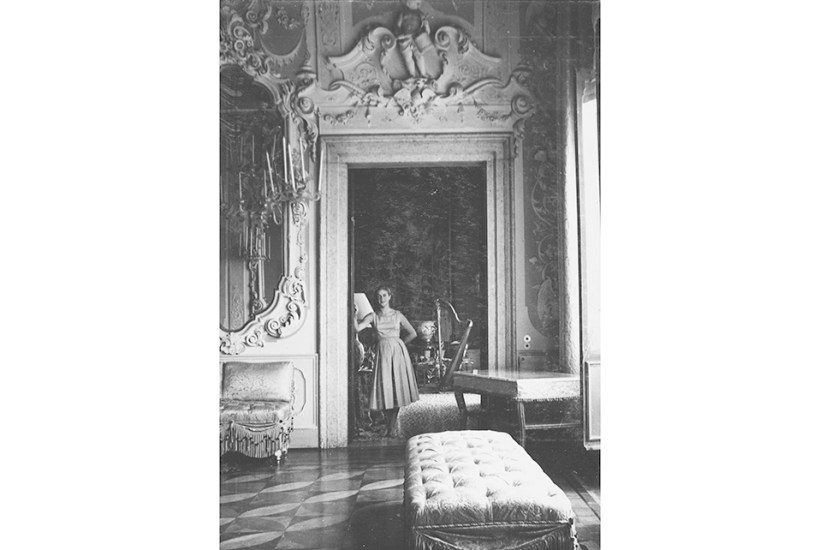The discovery of a cache of long-lost love letters might be an over-familiar inspiration for a memoir, risking a bit of a dusty lane indulgence – a charming, nostalgic featherbed flop into a past romance. But although the events described by this delightful nonagenarian first-time author took place three-quarters of a century ago, there is nothing sepia-flattened about Gill Johnson’s writing.
Already a subscriber? Log in
Subscribe for just $2 a week
Try a month of The Spectator Australia absolutely free and without commitment. Not only that but – if you choose to continue – you’ll pay just $2 a week for your first year.
- Unlimited access to spectator.com.au and app
- The weekly edition on the Spectator Australia app
- Spectator podcasts and newsletters
- Full access to spectator.co.uk
Or
Unlock this article
You might disagree with half of it, but you’ll enjoy reading all of it. Try your first month for free, then just $2 a week for the remainder of your first year.








Comments
Don't miss out
Join the conversation with other Spectator Australia readers. Subscribe to leave a comment.
SUBSCRIBEAlready a subscriber? Log in